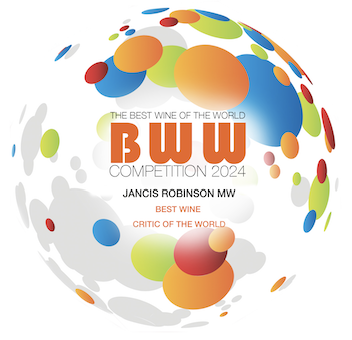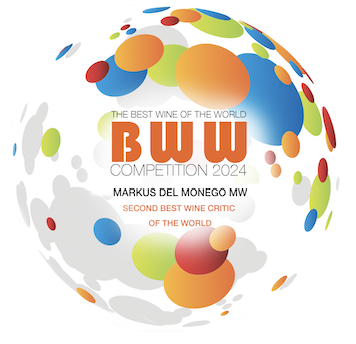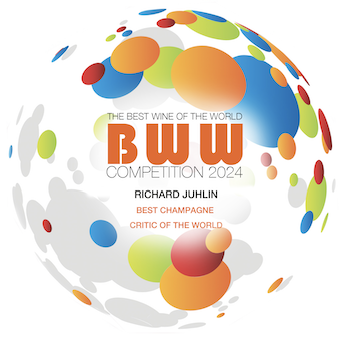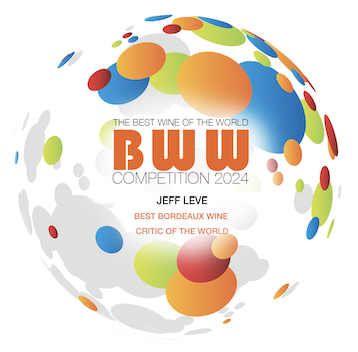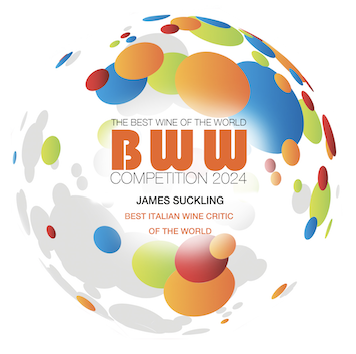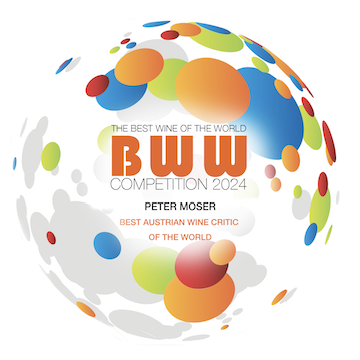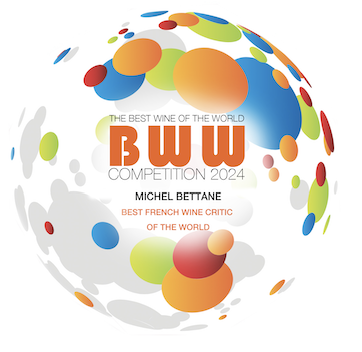BEST WINE CRITIC OF THE WORLD-COMPETITION
BWW2024 Reveals Top Wine Critics - a total of 1.6 million votes were cast!
The wait is over as the spotlight shines on the crème de la crème of the wine world – the esteemed wine critics chosen in the BWW2024 (Best Wine Critic of the World) competition. This unique event stands alone as the ultimate platform for recognizing the globe's finest wine critics, where the victors are determined through a democratic process of voting on tasti...
